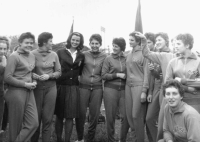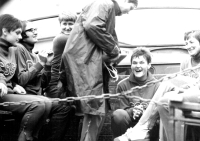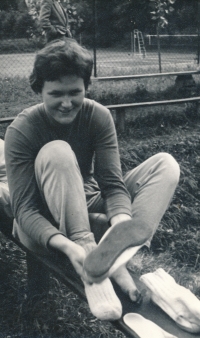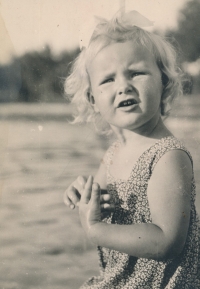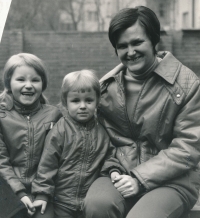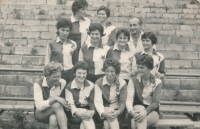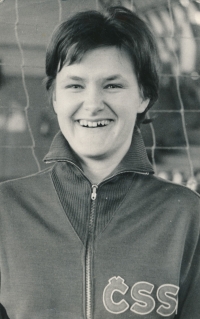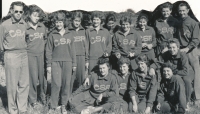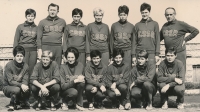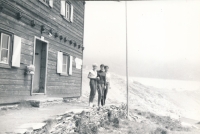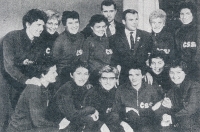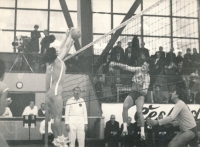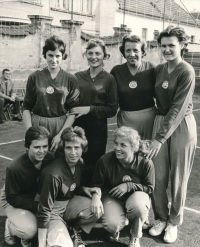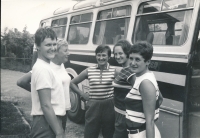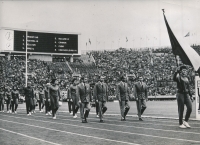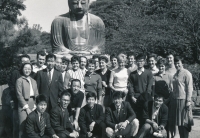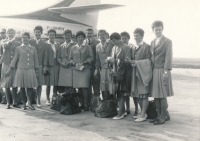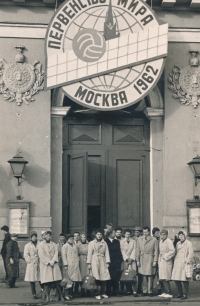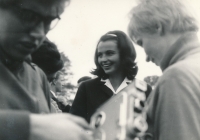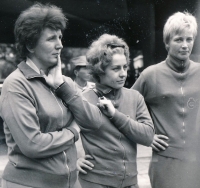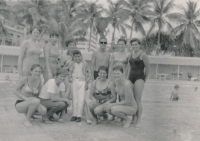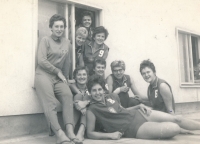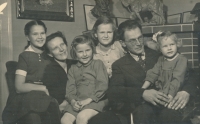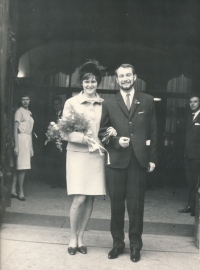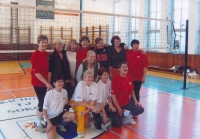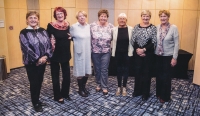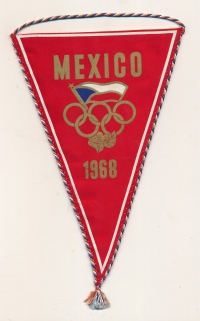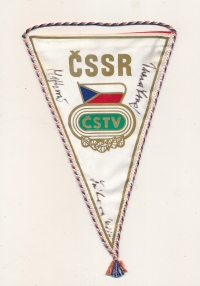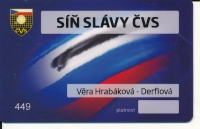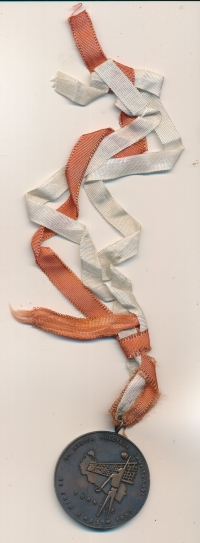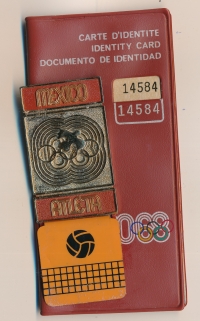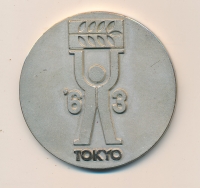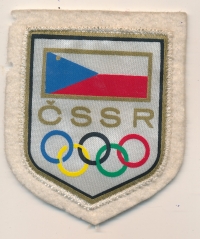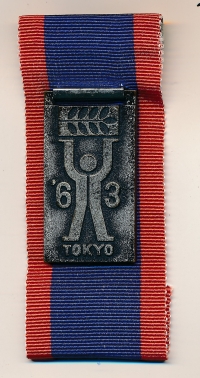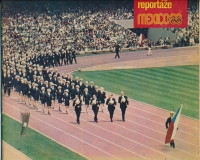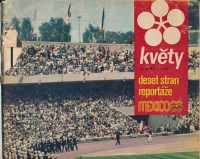How Communist will brought a landowner‘s daughter to the Olympics

Stáhnout obrázek
Věra Hrabáková, née Derflová, was born on 27 April 1941 in Prague. She grew up in Vysoká Libeň in the Mělník region, where her parents had a farm with fields and orchards. After the communist coup d‘état in February 1948, the Derfl family‘s farm was taken away by the totalitarian regime. The father was evicted to the village of Doloplazy na Hané, while the mother and her four children stayed in Vysoká Libeň for about two years, where they lived in a rented apartment. At the beginning of the 1950s, they went to Doloplazy to join their father. Both parents played sports, her mother played volleyball, and her father was very active in Sokol. Věra Hrabáková started playing volleyball in 1956 when she started high school in Prostějov. She moved from the OP Prostějov club to Slávia Praha in 1961. In 1962, she won fifth place with the national team at the World Championships in Moscow. In 1967, she won a bronze medal at the European Championships in Turkey. The next year, she finished sixth at the Olympic Games in Mexico. She retired from the national team in 1969 when her daughter was born. In 1974, a son was born into the family. After finishing her career with the national team, she continued with volleyball at Slávia Praha, Tatran Střešovice, and Slavoj Praha. With Slávia she won three championship titles. She lived in Prague in 2023 and had four granddaughters.
